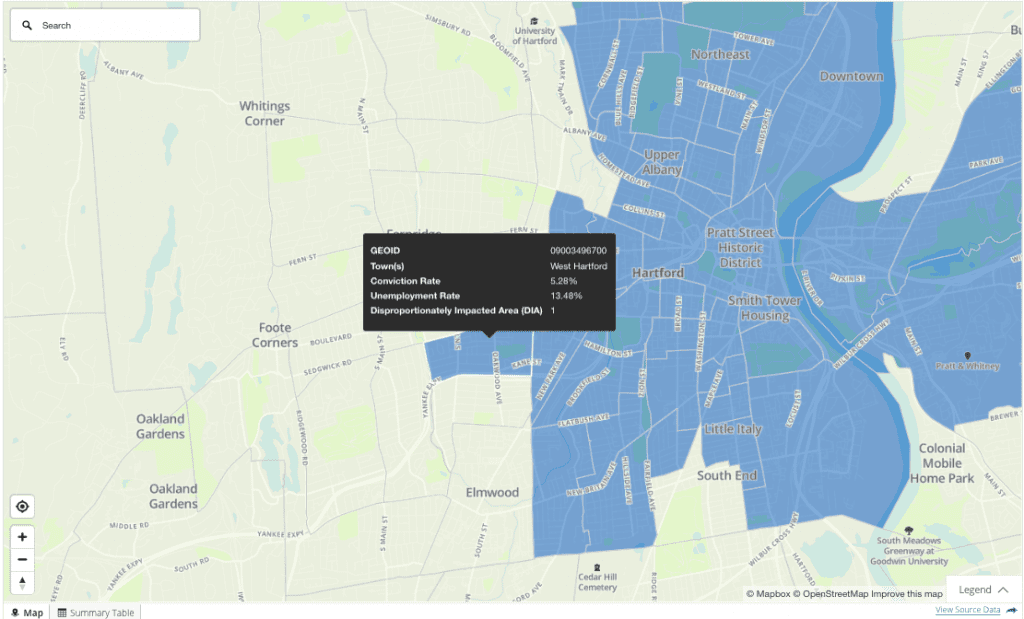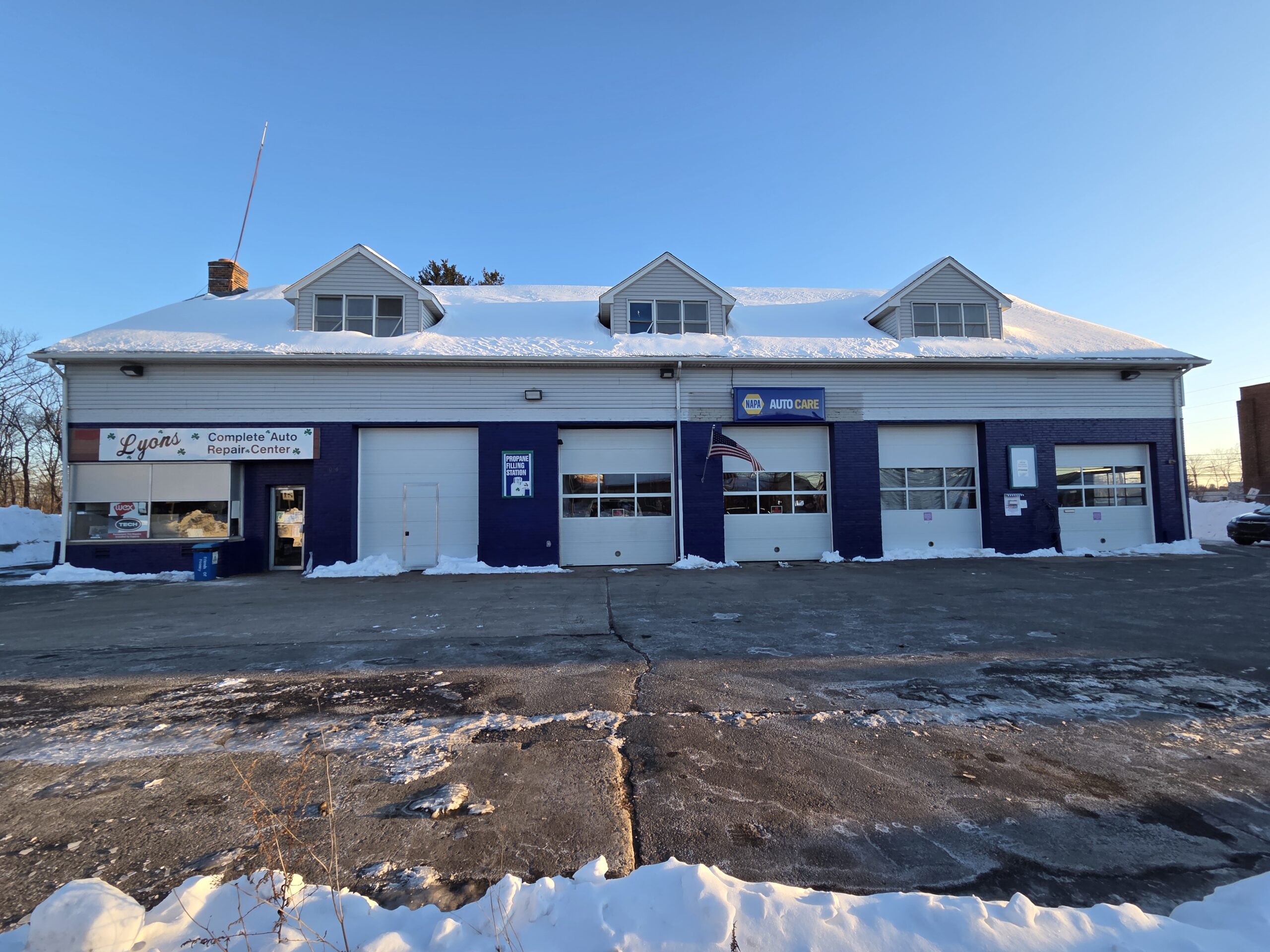Cannabis Council Takes First Steps Toward Equity

Audio By Carbonatix

Gov. Ned Lamont welcomes Social Equity Council. Courtesy of CTNewsJunkie.com
An area in the southeast portion of West Hartford has been identified by the Social Equity Council as disproportionately impacted.

CT.gov
By Hugh McQuaid, CTNewsJunkie.com
A state commission tasked with ensuring Connecticut’s recently-passed recreational cannabis law benefits communities ravaged by the war on drugs kicked off its work Thursday hoping to succeed where other states’ legalization efforts have failed.
“Be careful. I want to get this right,” Gov. Ned Lamont said at the first meeting of the Social Equity Council. “A lot of people around the country are looking at us. Make sure this money is invested in an appropriate way … I’d like to think in two or three years, 49 other states are going to say ‘I want to do it the Connecticut way.’”
The panel, with members appointed by the governor, legislative leaders from both parties, and the Black and Puerto Rican Caucus, was created under a provision of the bill which started to take effect last month by legalizing possession of small amounts of recreational cannabis.
As the state builds a commercial cannabis industry – expected to be up and running by the end of 2022 – the group will strive to make sure that communities disproportionately impacted by the long-standing prohibition of cannabis get a fair stake in the industry created by its legal sale. The state expects the industry to be generating $44.6 million in tax revenue by 2024.
“I spent a lot of time working in education and watching young people in disproportionately impacted communities feeling like they had no other choice but to become part of an economy that was not legal just so that they could provide for themselves and their families,” Andrea Comer, interim deputy commissioner of consumer protection, said. “I see this as a unique opportunity not only to reverse that course but also … really invest in communities.”

Andrea Comer, chair of the Social Equity Council and interim deputy commissioner of the Department of Consumer Protection. Courtesy of CTNewsJunkie.com
During its first meeting, the group started that process by certifying which communities it considered disproportionately impacted. The bill requires that half of cannabis business licenses go to applicants from areas with high rates of poverty, drug convictions, and unemployment.
The council approved a set of communities that, taken together, make up around 23% of Connecticut’s population and include broad swaths of Bridgeport, Hartford, New Haven, Waterbury, and smaller sections of other communities – including a section in the southeast part of West Hartford.
The action was a few days late. The law called for the panel to identify its first annual set of communities on Aug. 1. Still, some members felt the group was moving too quickly.
“I just find it just a bit troubling to be voting on a disproportionate area on our first meeting, without really having these true discussions,” Corrie Betts, criminal justice chair of the Connecticut NAACP, said.
Other members expressed similar concerns, but said the cannabis law laid out an ambitious timeline for the panel to conduct its work. David Lehman, commissioner of Economic and Community Development, called the identified communities a good starting point that was “maybe 90-95% right.” The panel could later recommend changes to the legislature if it saw fit, he said.
“While it’s not perfect, I would suggest that maybe we not let the pursuit of perfection be the enemy of the good and the enemy of progress,” Comer said.
Lamont told reporters he saw the council as a “good mix of folks,” who would eventually give people in impacted communities a needed leg up to get new businesses off the ground. The law authorizes the state to borrow up to $50 million in general obligation bonds for the panel to use on financial assistance and training programs.
“This council will be their friends and family – an opportunity to get some start-up capital, create business, hopefully pay back a loan, hire some people and bring a community back to life,” the governor said.
Republished with permission from CTNewsJunkie.com, all rights reserved.
Like what you see here? Click here to subscribe to We-Ha’s newsletter so you’ll always be in the know about what’s happening in West Hartford! Click the blue button below to become a supporter of We-Ha.com and our efforts to continue producing quality journalism.



